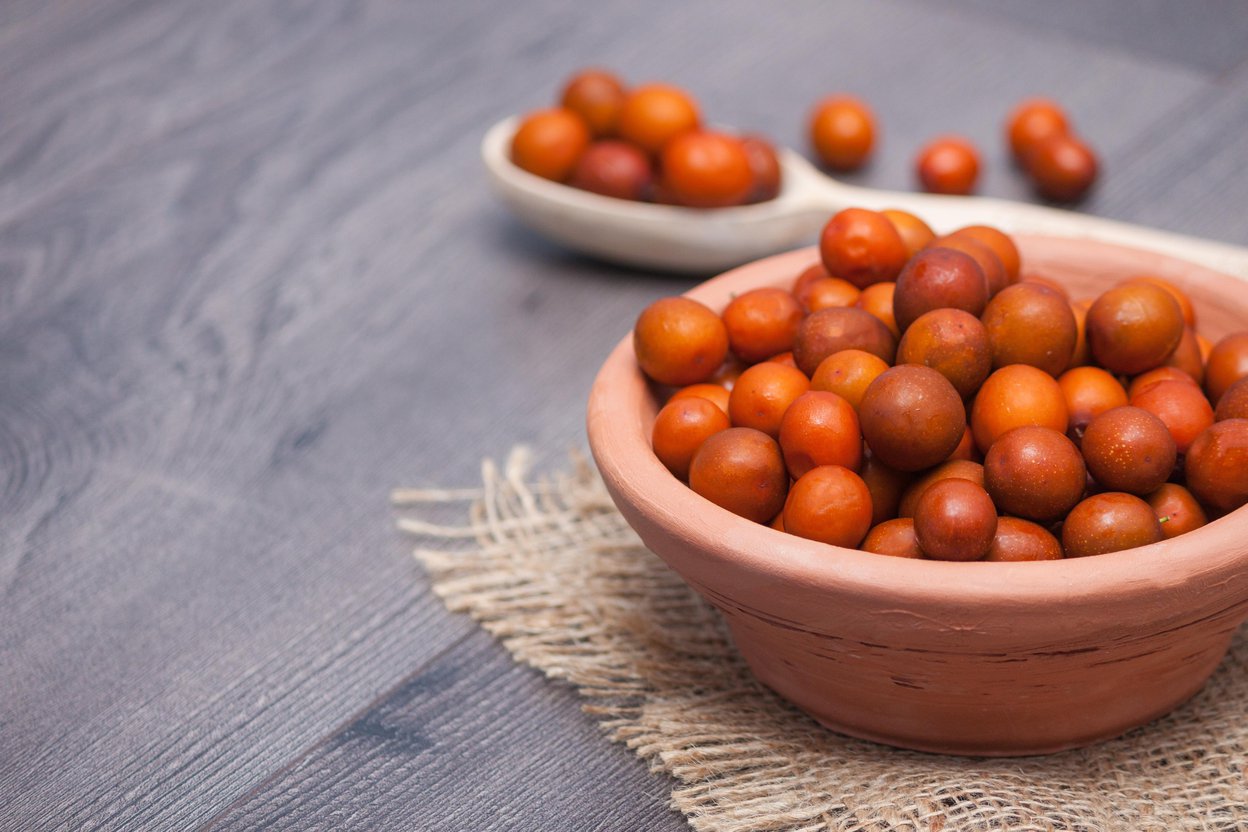Tucked into the warm Mediterranean corners of Dalmatia and Istria, a small, wrinkly fruit has quietly persisted through centuries of change. Locals call it “žižole” — and while it may look humble, this fruit is a nutritional powerhouse, cultural icon, and botanical gem all rolled into one.
If you haven’t heard of žižole, don’t worry — you’re about to discover why this tiny fruit is gaining global attention in wellness, gastronomy, and sustainable farming circles.
What Are Žižole?
Žižole (pronounced zhee-zho-leh) are the fruits of the jujube tree (Ziziphus jujuba), a species native to Asia but cultivated across the Mediterranean for centuries.
At first glance, they resemble small green or brown apples — firm, crisp, and tart when fresh, but chewy and sweet once dried. In fact, many describe the dried version as a natural candy, with hints of date, apple, and honey all in one bite.
A Fruit with Ancient Roots and Timeless Benefits
The history of žižole stretches back over 4,000 years. From Chinese herbal medicine to Roman gardens, this fruit has earned its place in both kitchens and healing practices.
Key Health Benefits of Žižole
-
Natural Sedative: Traditionally used to support better sleep and reduce anxiety.
-
Immune Booster: High in Vitamin C, antioxidants, and anti-inflammatory compounds.
-
Energy Enhancer: Rich in complex carbohydrates and iron, perfect for a natural energy lift.
-
Digestive Support: A good source of fiber for gut health and regularity.
Whether eaten fresh or dried, žižole are a superfood in disguise.
Žižole in Dalmatian Culture
In Croatian and Slovenian coastal towns, žižole trees are often planted in family gardens — a living heirloom passed from one generation to the next. Come late September or October, you’ll see baskets of žižole sold in local markets or offered by kind neighbors.
Traditional Uses:
-
Homemade žižole syrup for sore throats
-
Dried fruit in winter desserts or teas
-
Infused in rakija (local brandy) for a sweet, herbal kick
Eating žižole isn’t just healthy — it’s nostalgic, seasonal, and deeply rooted in tradition.
How to Eat and Enjoy Žižole
Fresh žižole are crispy, tart, and mildly sweet — perfect for snacking or slicing into salads. As they ripen, the skin darkens and wrinkles, creating a date-like texture that’s even sweeter.
Dried žižole are chewy, rich in flavor, and can be:
-
Eaten as a healthy snack
-
Steeped in herbal teas
-
Chopped into granola or baking recipes
-
Soaked in water overnight for a morning tonic
Pro Tip: Freeze-dried žižole retain all the nutrients and make for an excellent travel snack.
Growing Žižole: A Resilient Tree for a Changing Climate
One of the reasons žižole is making a comeback in sustainable agriculture is due to its climate resilience. These trees can withstand:
-
Long periods of drought
-
Poor soil conditions
-
Strong Mediterranean winds
This makes them ideal for eco-conscious farmers or permaculture enthusiasts seeking low-maintenance fruit trees with high nutritional value.
Where to Find Žižole
While still a niche product globally, žižole are gaining ground in:
-
Organic markets in the EU
-
Asian herbal stores (sold as “jujube” or “red date”)
-
Online wellness shops selling dried and powdered forms
-
Local farmers markets in Croatia, Slovenia, Italy, and parts of Spain
If you ever visit the Dalmatian coast in the fall, don’t leave without tasting fresh žižole straight from a village tree — it’s an experience as sweet as the fruit itself.
Final Thoughts: Žižole Deserve a Spot on Your Radar (and Plate)
In a time when health fads come and go, it’s the quiet, ancient foods like žižole that prove their value over and over again. From boosting immunity to offering comfort in a cup of tea, this tiny fruit packs a punch well beyond its size.
Whether you’re a foodie, health lover, or curious traveler, žižole invite you to slow down and savor nature’s wisdom — one bite at a time.
